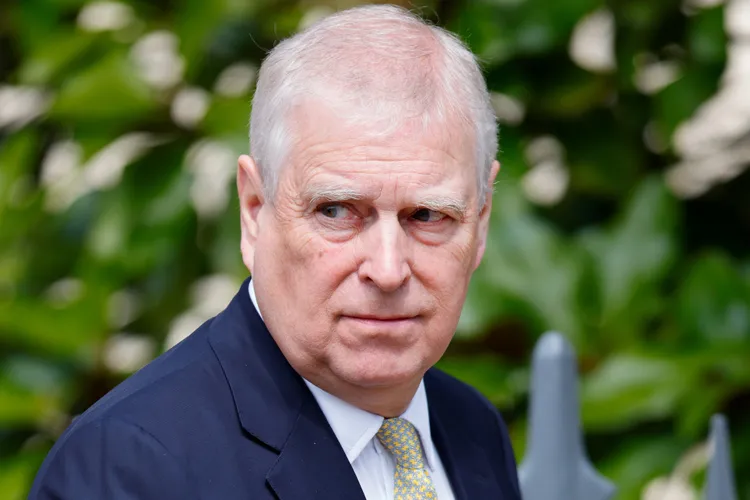Prince Andrew’s Name Officially Removed from the Royal Family Record After Being Stripped of All Titles
The fallout surrounding Prince Andrew continues to deepen as his name has now been officially erased from the royal family’s public record following King Charles’ decision to strip him of all remaining titles. This move marks the most dramatic step yet in the ongoing effort to distance the monarchy from the controversies surrounding the Duke of York.
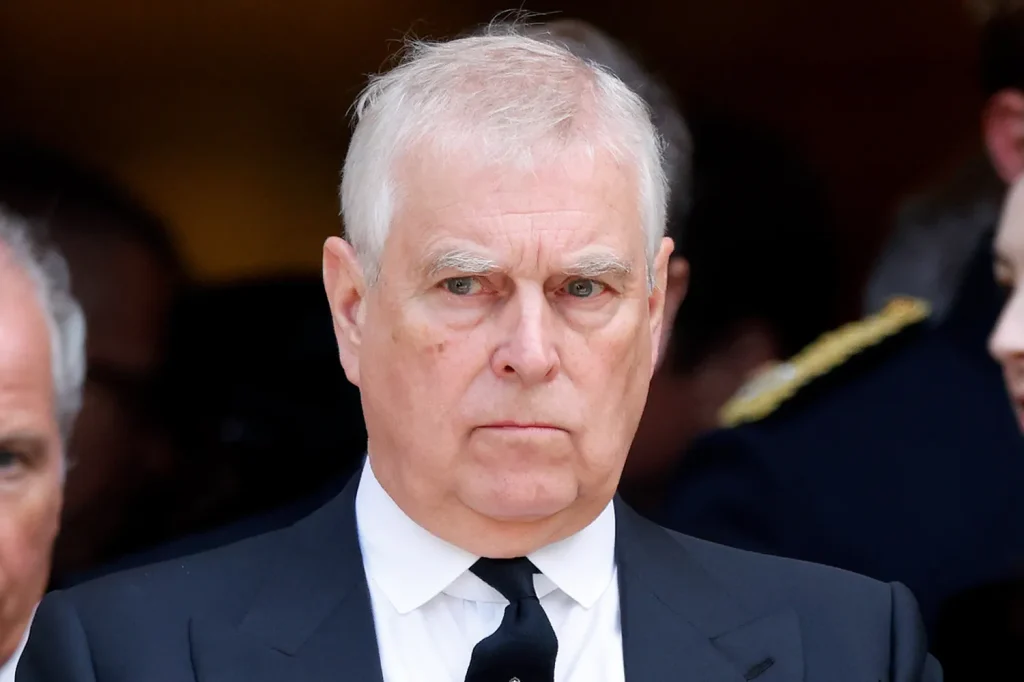
Sources close to Buckingham Palace confirmed that Prince Andrew’s name has been quietly removed from several official royal documents, including the Court Circular — the record of royal engagements — and internal communications that list working and non-working members of the royal household. Where his name once appeared alongside his siblings, it is now entirely absent.
The update comes after King Charles made the unprecedented decision to remove all of Andrew’s royal titles earlier this month, including his “His Royal Highness” style and all military honors. According to a palace spokesperson, the move was made to “protect the integrity and future of the monarchy.” Andrew, now referred to simply as Andrew Mountbatten-Windsor, retains his place in the line of succession by birthright but no longer holds any formal royal role or duties.
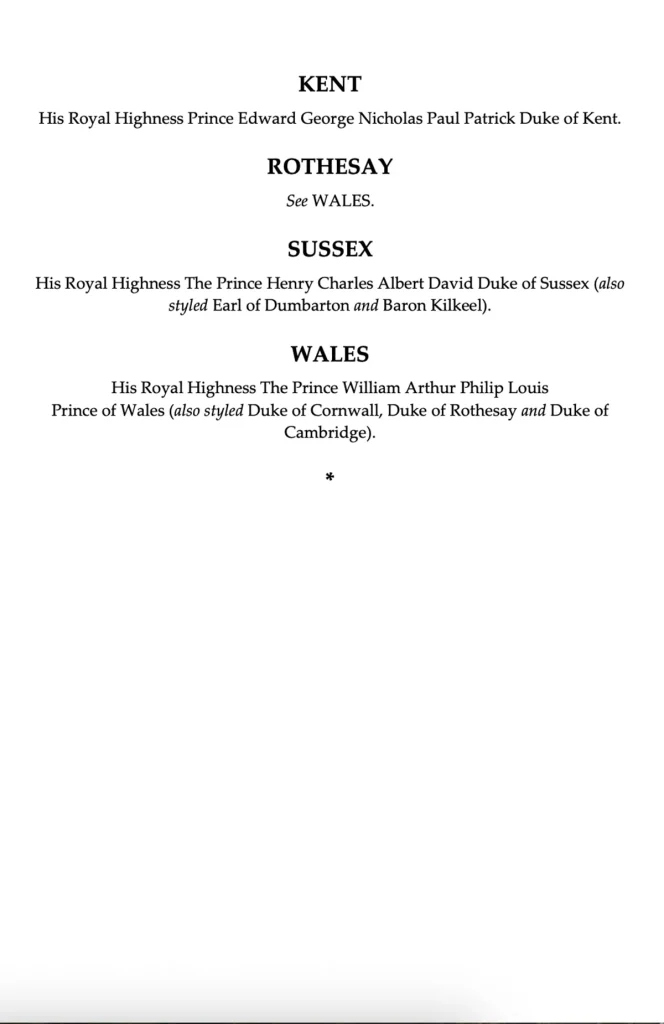
It’s a deeply symbolic change that underscores the royal family’s desire to draw a clear line between public service and personal scandal. For decades, Prince Andrew was known as “the Queen’s favorite son,” a figure who once represented Britain abroad and carried out hundreds of official duties each year. Today, that era is over.
The decision follows years of growing public backlash against the prince, stemming from his ties to the late financier Jeffrey Epstein. While Andrew has consistently denied all wrongdoing, the reputational damage has been immense. His 2019 BBC interview, in which he attempted to defend himself, is widely regarded as one of the most disastrous moments in royal media history. Not long after, he announced he would be stepping back from public duties “for the foreseeable future.”
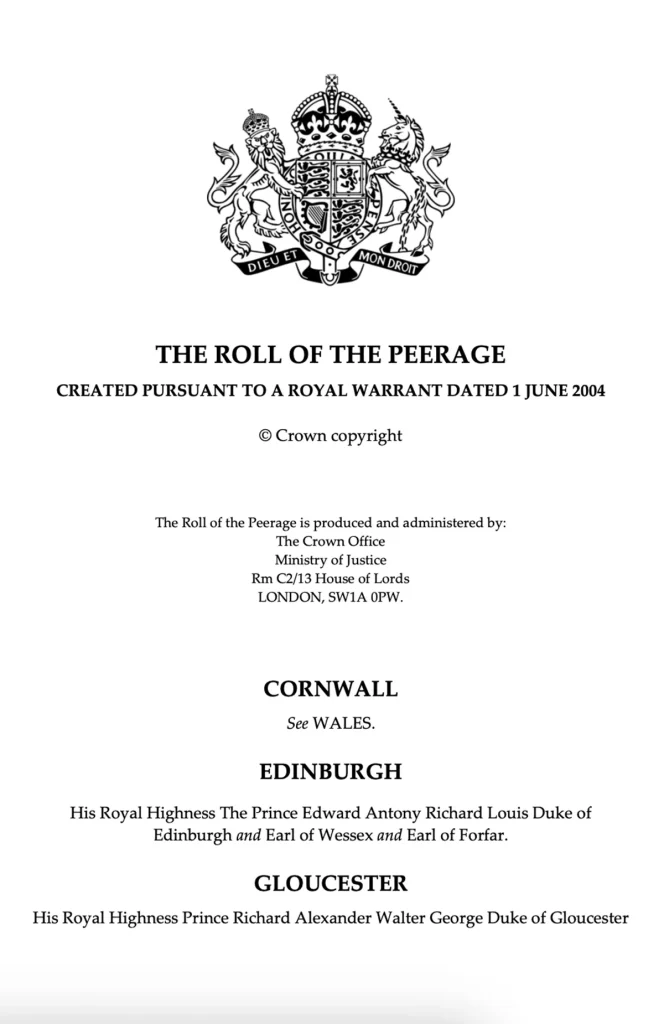
Royal historian Hugo Vickers described the removal as “the final act in a long, painful chapter for the monarchy.” He added, “This isn’t just about a man losing titles — it’s about the institution preserving its future. The royal family has survived centuries because it knows when to protect itself.”
Behind palace walls, the atmosphere is said to be somber but resolute. King Charles, who has long prioritized a smaller and more modern royal family, reportedly viewed the decision as both necessary and inevitable. Queen Camilla and Prince William are said to have supported the move, reflecting a united front within the senior ranks of the monarchy.
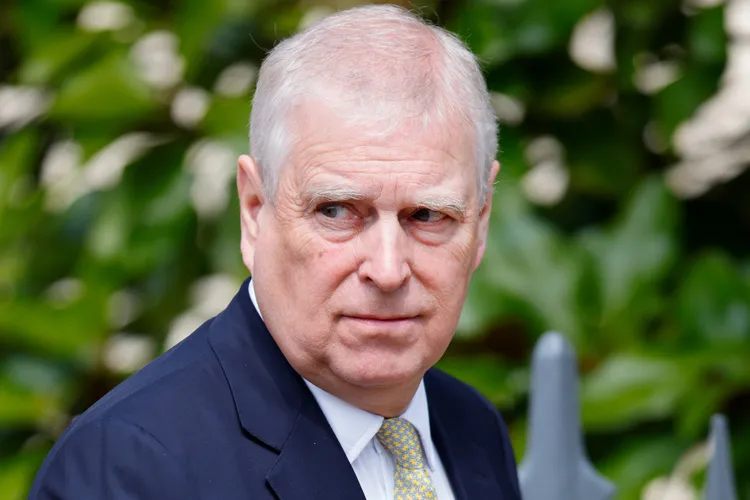
Prince Andrew, meanwhile, continues to live at the Royal Lodge in Windsor — though reports suggest he may soon be asked to vacate the property as well. Friends of the Duke have described him as “heartbroken but defiant,” insisting that he remains devoted to his daughters, Princess Beatrice and Princess Eugenie, who continue to maintain close ties with the royal family despite their father’s downfall.
Public opinion remains divided. Some view the stripping of titles as long overdue, while others see it as a tragic end for a man who once stood at the center of royal life. What is clear is that the monarchy, under King Charles’ leadership, is moving forward — even if that means rewriting parts of its own history.
For those who remember Prince Andrew’s years of service — his time in the Royal Navy, his participation in the Falklands War, and his decades as a working royal — the erasure of his name from official documents marks a profound shift. In a monarchy where legacy is everything, Andrew’s legacy has now been quietly closed.
The removal of his name may seem like a bureaucratic update, but within the walls of Buckingham Palace, it carries immense emotional weight. It’s a silent statement — a way of saying that the royal family has turned the page.
As the monarchy faces a new era under King Charles, one thing has become clear: the institution’s survival depends on its ability to adapt, even when that means cutting loose one of its own.
